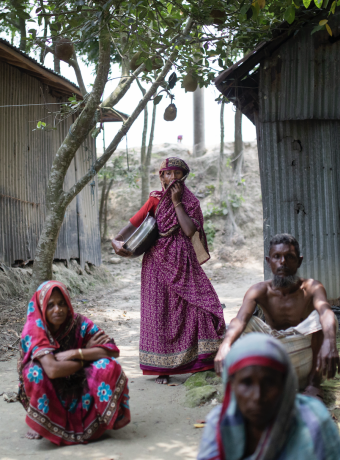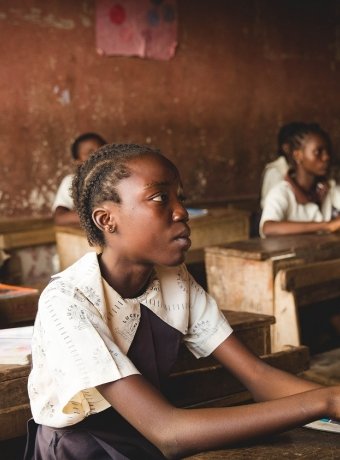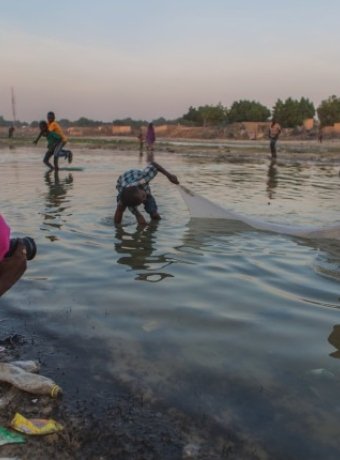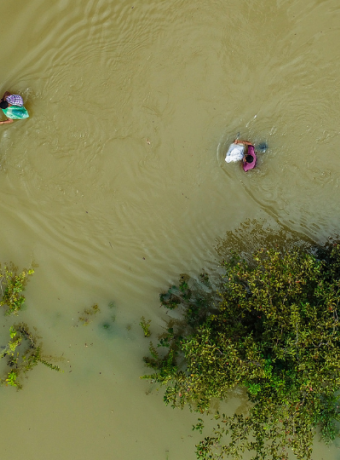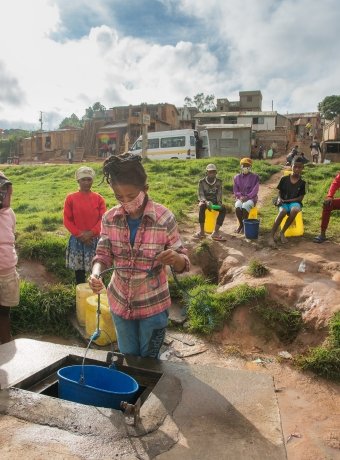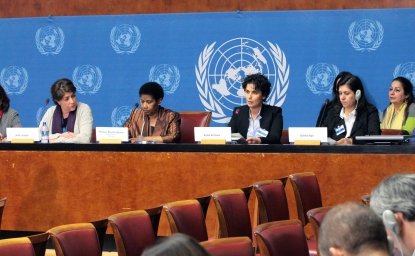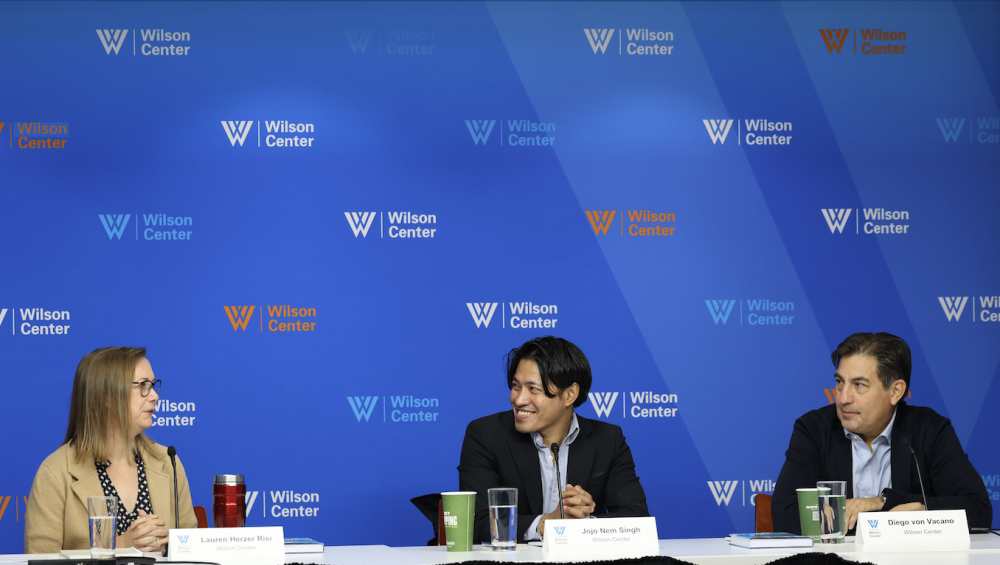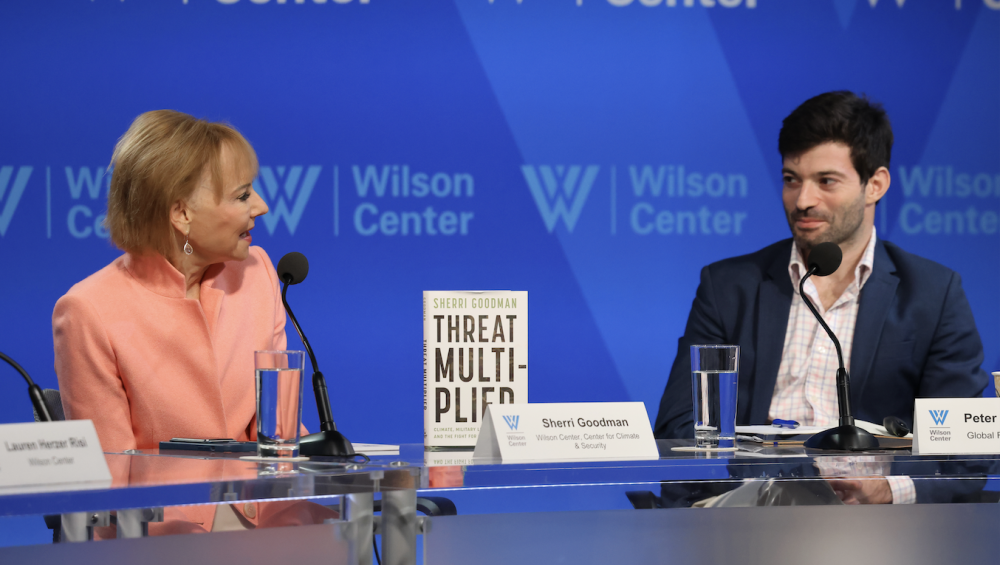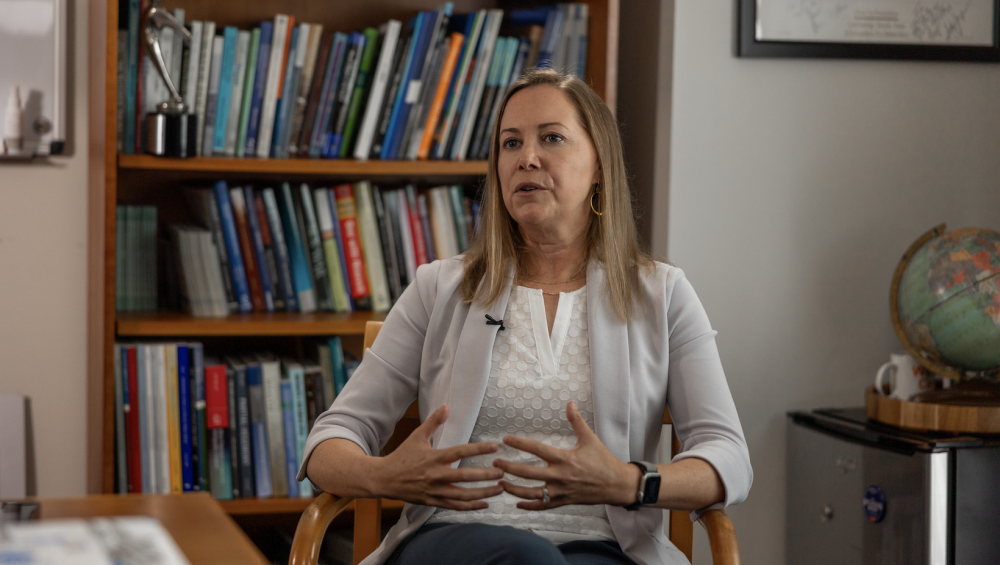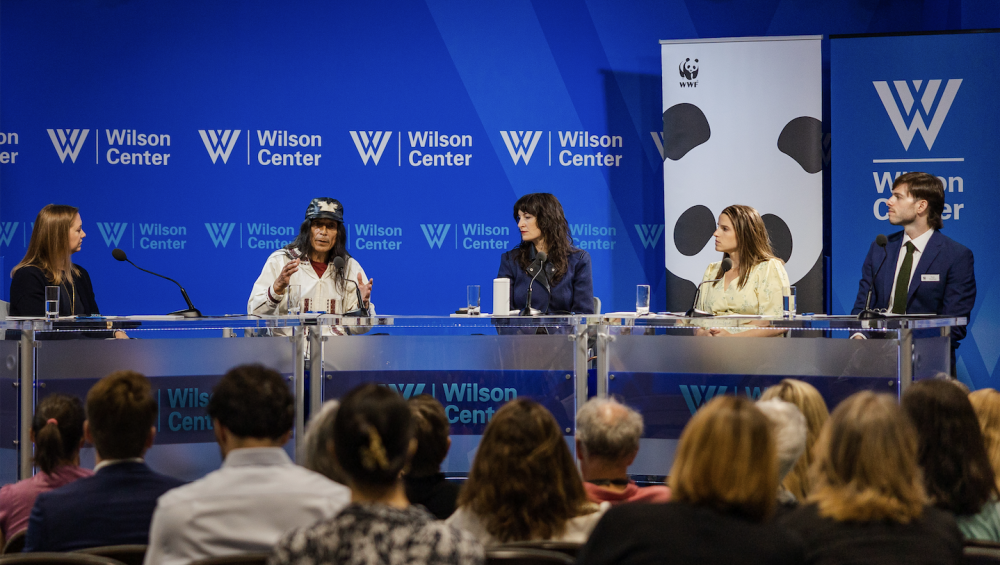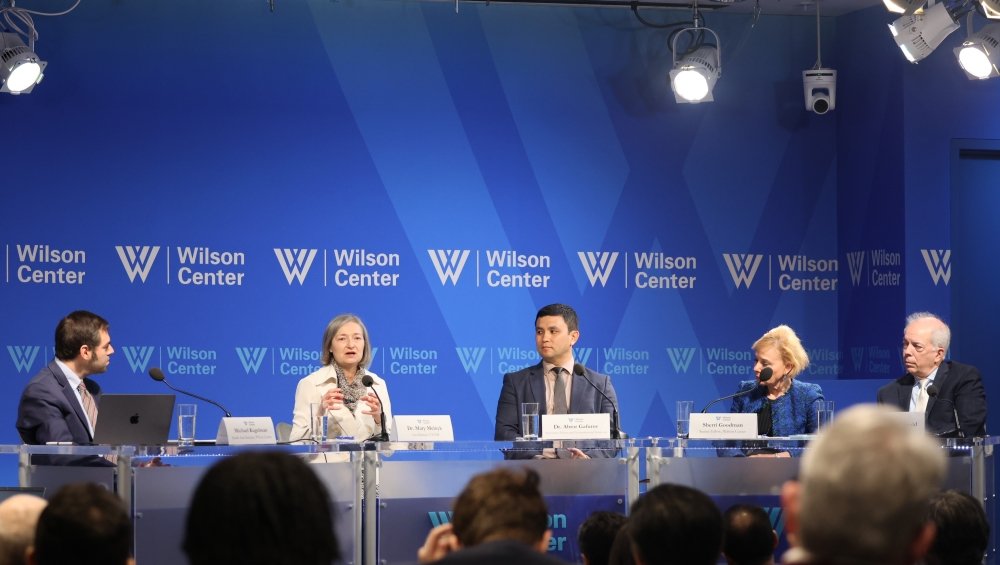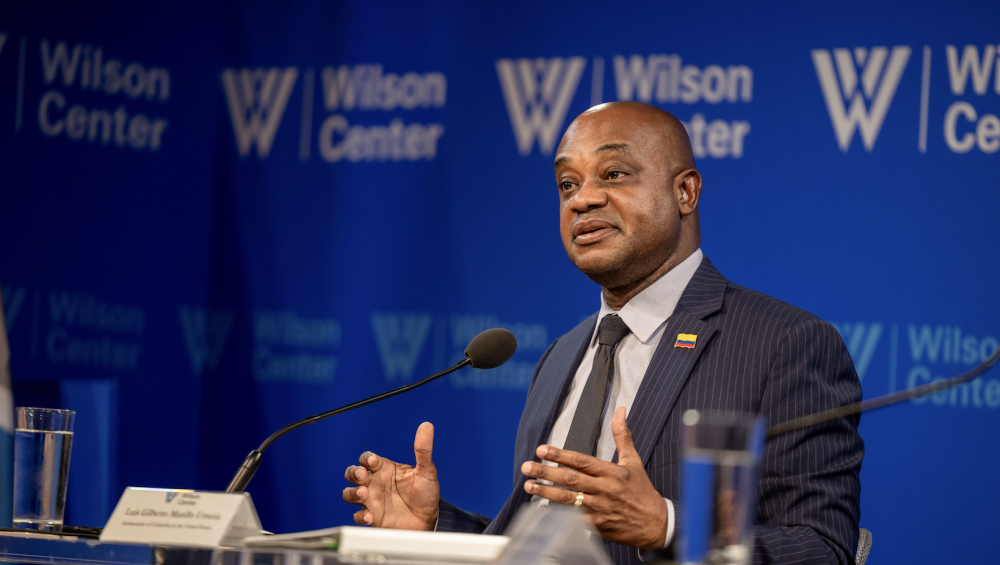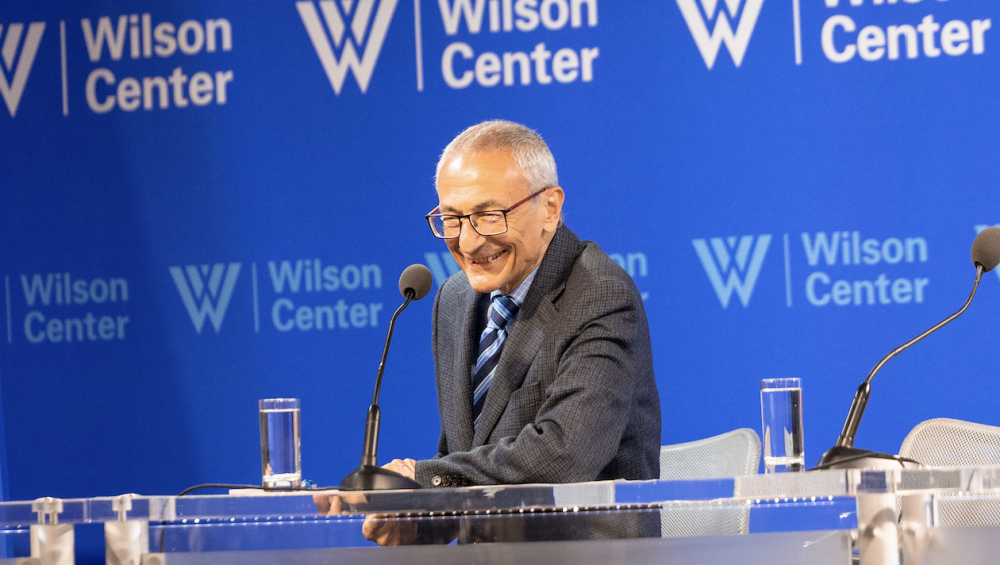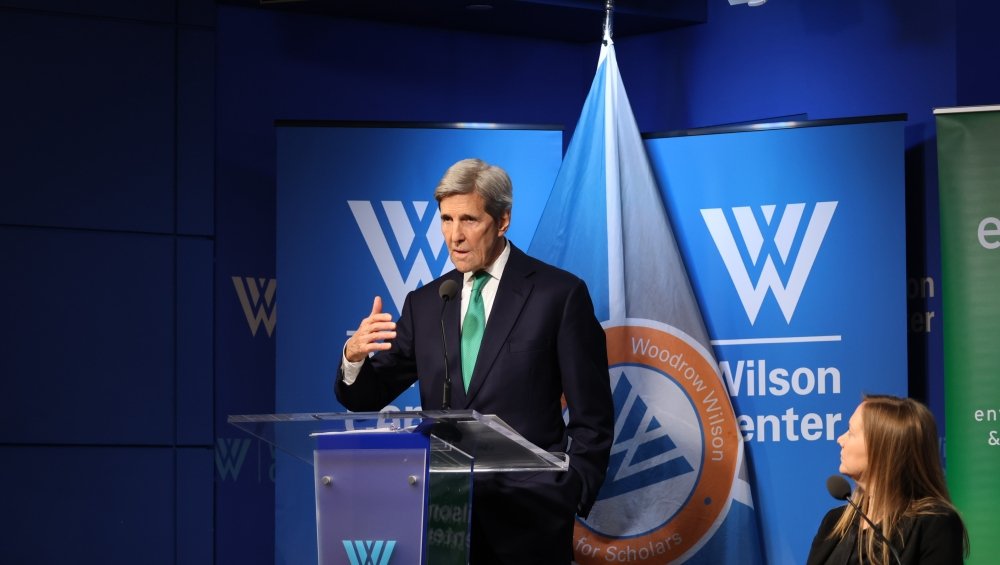
Environmental Change and Security Program
The Environmental Change and Security Program (ECSP) explores the connections between environmental change, health, and population dynamics and their links to conflict, human insecurity, and foreign policy.
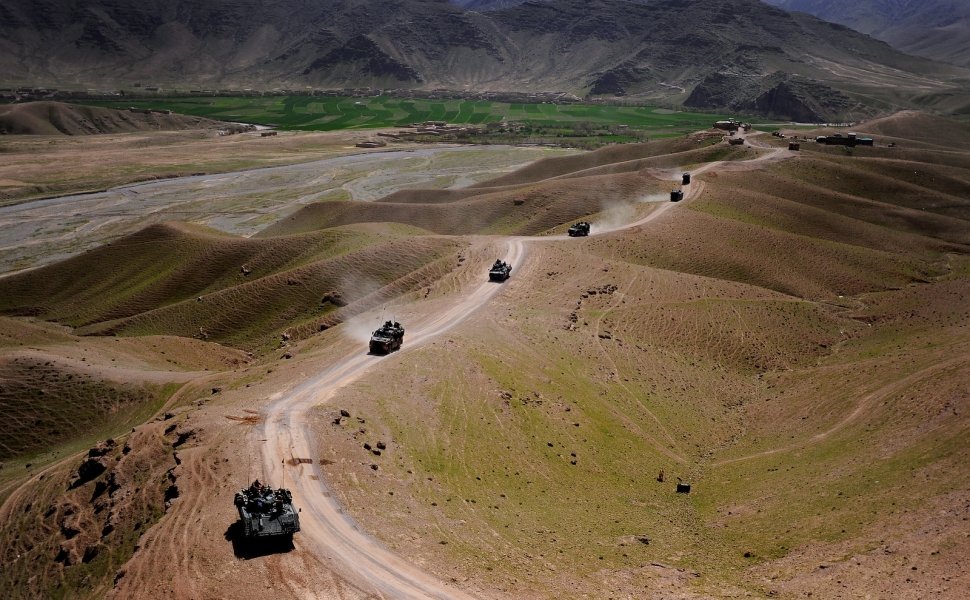
Featured Insights & Analysis
Learn More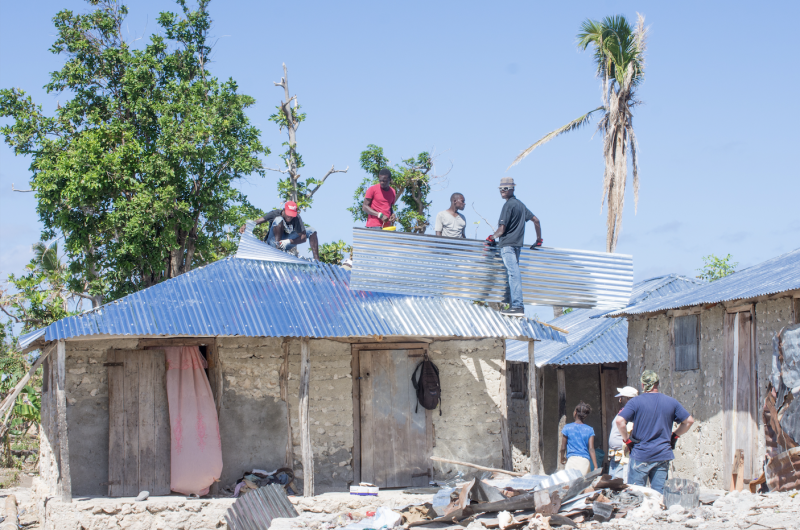
Posted date/time:Source: New Security Beat

Harnessing the Benefits of Water Cooperation in an Increasingly Complex World
Posted date/time:Source: New Security Beat

Can Climate-Resilient Agriculture Become an Engine for Syria’s Post-Conflict Recovery?
Posted date/time:Source: New Security Beat
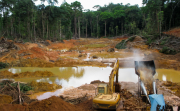
Environmental Peacebuilding: The Year in Review and the Year Ahead
Posted date/time:Source: New Security Beat
ECSP Program Series
Explore our program's featured research on population dynamics, climate and migration, and critical minerals, and how they shape US foreign policy.

New Security Beat
New Security Beat is the blog of the Wilson Center’s Environmental Change and Security Program, with contributions from the Maternal Health Initiative, China Environment Forum, Urban Sustainability Laboratory, Polar Institute, and Global Risk and Resilience Program.
LEARN MOREThe New Security Broadcast
Tune in to New Security Broadcast to hear expert speakers on the links between global environmental change, health, development, and security. You can also find more films, podcast, and multimedia content on our blog New Security Beat.
Listen Here


The New Security Broadcast
Mining for Change: Obert Bore on Human Rights and Development Amid Zimbabwe’s Mineral Boom

The New Security Broadcast
Swathi Veeravalli on the Importance of Climate Security for US Strategic Interests

The New Security Broadcast
Thought-leaders and Frontline Workers in Environmental Peacebuilding: An Oral History | Carl Bruch

The New Security Broadcast
Sarah Ladislaw on US Climate Security and "Mutually Assured Resilience"
ECSP in Action
Snapshots from our program's events, interviews, and other engagements

